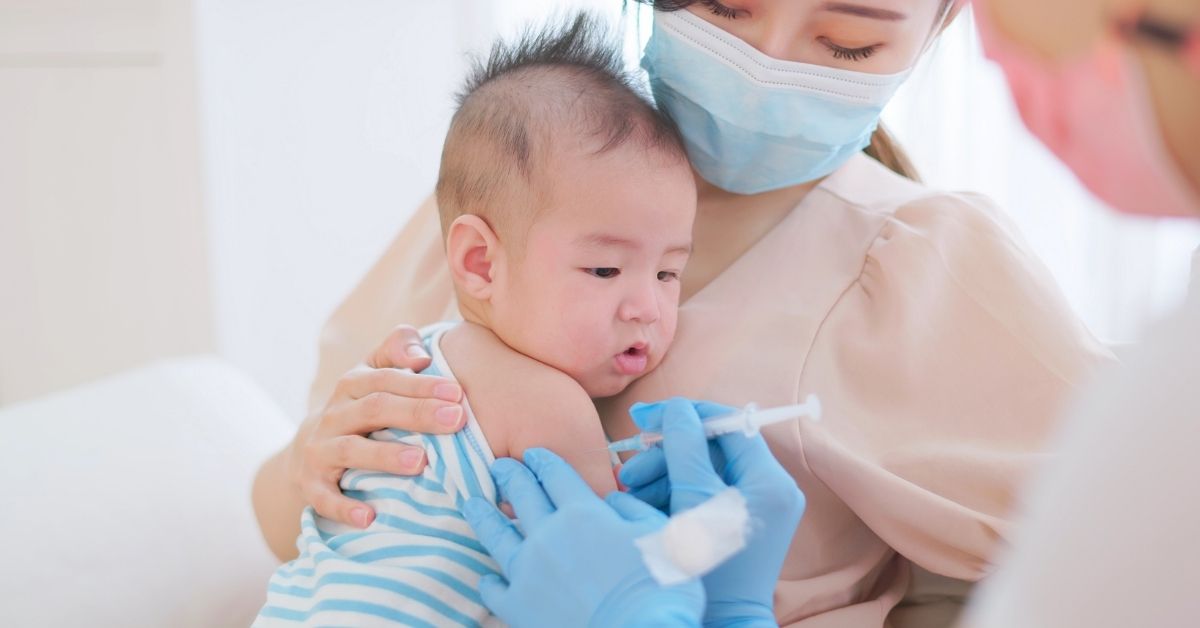When it comes to a child’s health, sleep and eyesight may not seem directly connected. However, it's important to know how actually these concepts are interrelated. Especially nowadays, when kids are spending record hours in front of screens and losing out on sleep, eye health actually takes a hit. The question that comes up is—what exactly happens when kids don’t get the sleep they need? And why does it really matter for a kid’s vision?
Read this article to find out the connection between sleep and eye health in kids.
Why Sleep Matters for Kids?
It is important for eyes to get time to rest and rejuvenate, like every other body part. Therefore, quality sleep lets eyes recover from the strain they experience during the day, thereby preventing eye strain, dryness, and irritation. It has become especially more important when kids are spending more hours in front of screens nowadays.
According to the American Academy of Pediatrics, children spend an average of seven hours a day on screens. And the added stress due to reduced sleep indicates trouble for the young eyes.
Sleep and Vision: The Science Behind It
So what exactly does sleep do for eyes? The answer is—during sleep, the body repairs damaged cells, which includes those in the eyes. Besides, deeper stages of sleep, such as REM (rapid eye movement) sleep, are essential for eye health. REM is when most of the eye’s repair work happens.
On the other hand, reduced or poor-quality sleep can significantly impact the eye’s ability to refresh and recover, which over time weakens vision. According to a study, kids who consistently slept less than nine hours a night had a higher likelihood of developing myopia in comparison to kids who got adequate sleep. This clears the relationship of how sleep is associated with better eye health.
Are Your Kids Getting Enough Sleep?
Did you know, according to the CDC, 58% of middle schoolers in the United States don’t get enough sleep on school nights? And for high school-going kids, the figures are even more alarming—almost 73 percent aren't hitting recommended sleep hours. On the other hand, it is recommended that the amount of sleep for children ages 6 to 12 is 9 to 12 hours a night.
This lack of sleep not just impacts their mood or attention in the classroom but also their vision. You will be surprised to know that nearly 4000 students were tracked over two years in China, and it is worth noting that each additional hour of nightly sleep decreased the odds of developing myopia by 30 percent. The results are hard to ignore, after all.
Blue Light and Sleep
While most parents know the concept of blue light and its impact on sleep, blue light has a significant impact on kids’s eyes. Devices, such as tablets, smartphones, and computers, emit blue light, which interferes with the production of melatonin, the hormone responsible for regulating sleep. With the drop of melatonin function, it gets difficult for kids to fall asleep, thus leading to poor sleep, more eye strain, and vision troubles.
Dr. Stuart Finer, a pediatric ophthalmologist, says, “Blue light from screens can actually penetrate all the way to the retina, potentially damaging the eye in the long term. When kids are exposed to too much blue light, especially before bed, their sleep and eye health are both negatively affected.”
Takeaway
With a better understanding of the connection between sleep and eye health, it's clear that sleep is not only about energy. It is also a key element in maintaining proper eye health in kids. At the end of the day, the choice that you make today for your kids—limiting screen time, prioritizing sleep, and promoting outdoor activities—is what will make a big difference.








